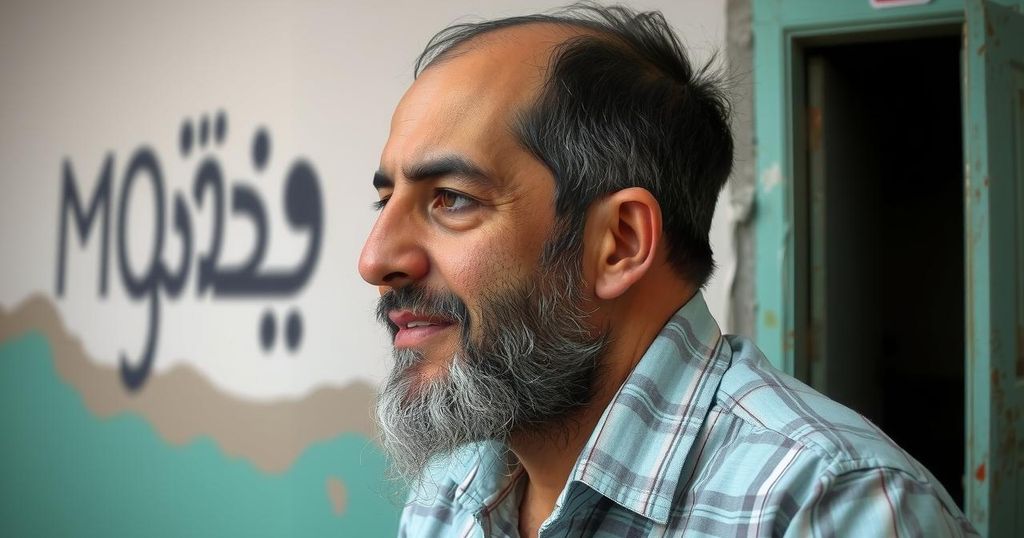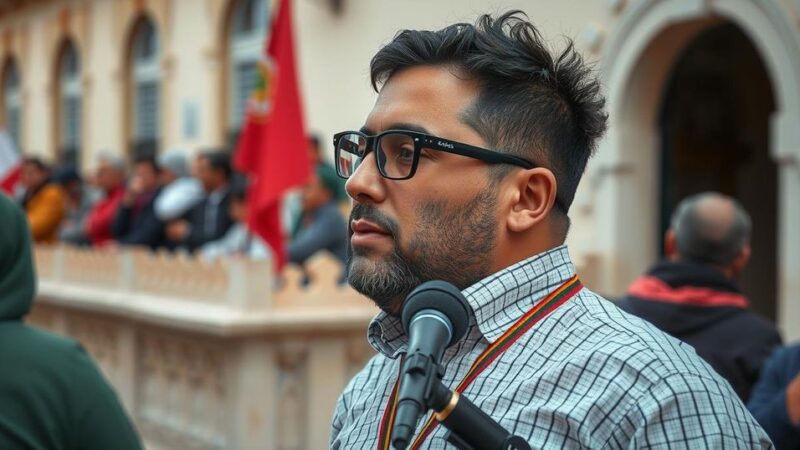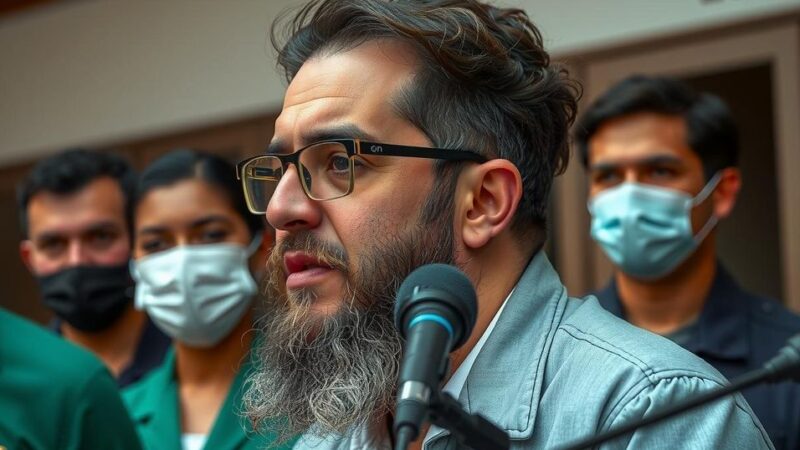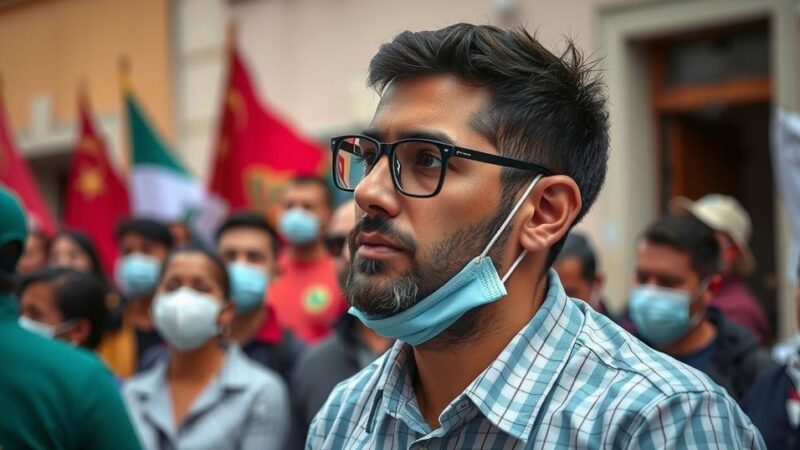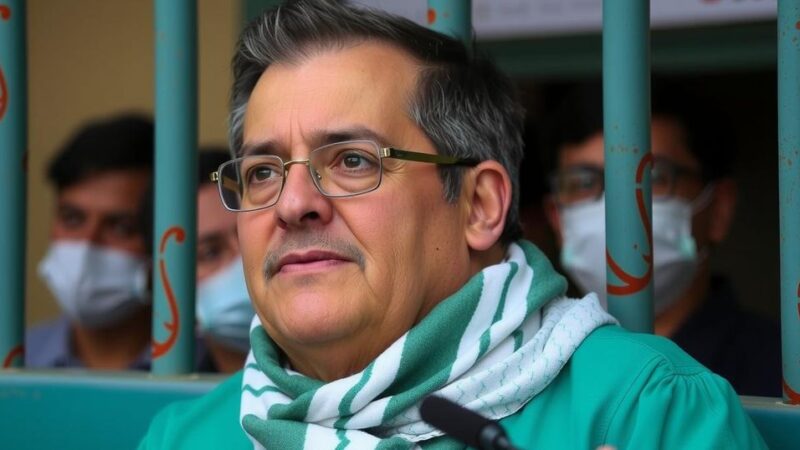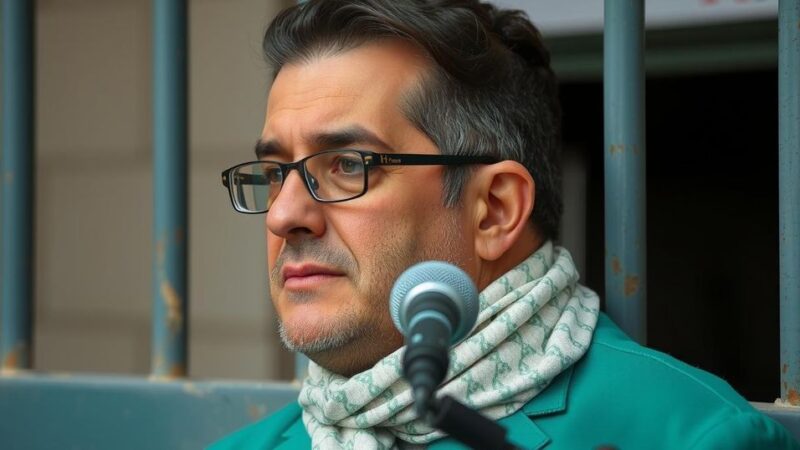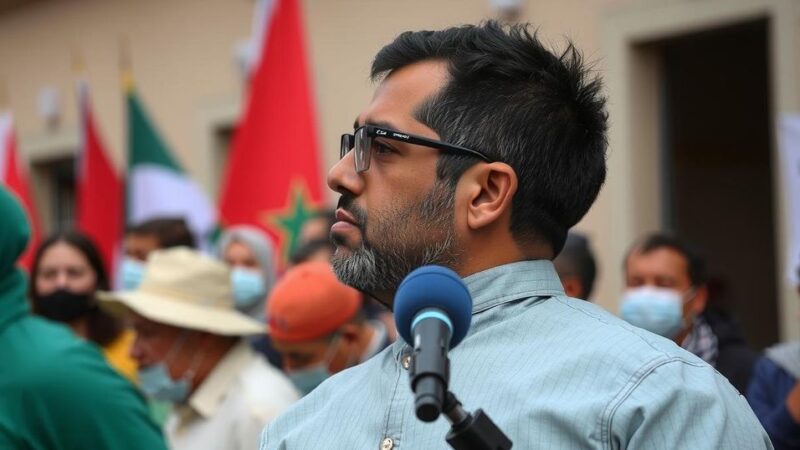Said Ait Mahdi, a Moroccan activist critical of the government’s response to the 2023 El Haouz earthquake, has been sentenced to three months in prison for defamation. His case reflects wider issues of freedom of expression and state repression. The region suffered significant loss, prompting urgent calls for improved governmental action, which led to Ait Mahdi’s activism. His conviction has raised concerns over the government’s approach to dissent, particularly regarding disaster management.
In a significant legal development in Morocco, activist Said Ait Mahdi has been sentenced to three months in prison for defamation, following his criticisms regarding the government’s response to the 2023 El Haouz earthquake. Ait Mahdi, who leads an organization representing earthquake victims, was detained since December 23 and faced charges of “defamation, insult, and the publication of false allegations aimed at infringing on privacy.” Alongside him, three fellow activists were charged with “insulting public officials.” The Court of First Instance in Marrakech has mandated that Ait Mahdi also pay 10,000 dirhams (approximately $1,000) in damages to the accusing parties, although he plans to appeal the ruling. The charges appeared to arise from complaints made by local officials after Ait Mahdi made posts on social media deemed offensive.
The El Haouz region, located south of Marrakech, was severely impacted by the catastrophic 6.8 magnitude earthquake in September 2023, which resulted in the deaths of nearly 3,000 individuals and injuries to roughly 5,600 more. This natural disaster also led to the destruction of around 60,000 homes in the High Atlas mountains, leaving numerous families displaced and living in temporary shelters through the harsh winter. Ait Mahdi’s organization has been a vocal advocate for expedited reconstruction efforts and increased aid for the afflicted communities. In response, Moroccan authorities have reported issuing 57,000 reconstruction permits, with over 35,000 homes either completed or under construction, as part of an $11 billion five-year reconstruction initiative for the affected provinces.
The situation surrounding Said Ait Mahdi’s imprisonment is emblematic of the challenges faced by activists in Morocco, particularly when critiquing government policies or disaster response actions. Following the tragic earthquake in September 2023, which had devastating effects on the El Haouz province, local leaders and activists called for urgent governmental action to aid victims. The Moroccan government announced a hefty budget and a variety of reconstruction initiatives, yet critics highlighted the slow-paced aid distribution and insufficient support for affected families. The legal repercussions faced by Ait Mahdi raise concerns about freedom of expression and the extent to which dissent is tolerable within the Moroccan political landscape, especially in sensitive contexts such as disaster management.
The sentencing of Said Ait Mahdi, a prominent activist advocating for earthquake victims, illustrates a troubling intersection of activism and state response in Morocco. His conviction for defamation underscores the potential risks faced by those who publicly challenge governmental actions, particularly in the aftermath of a national crisis. As reconstruction efforts proceed amidst ongoing critique, the ramifications of this case could hinder not only individual expressions of dissent but also broader movements for accountability and reform in Morocco’s disaster response strategies.
Original Source: www.arabnews.com

